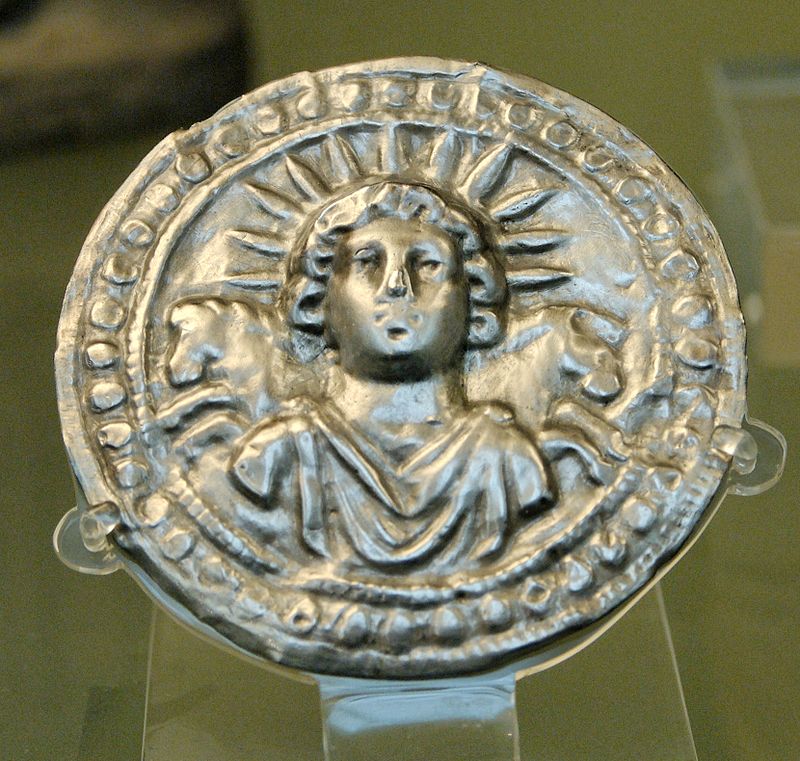Landschlacht, Switzerland: 1 February 2016
I recall with great fondness watching the Disney version of Alice in Wonderland as a boy.
I found it both amusing and thought-provoking, even in my boyhood, the idea of an animal, the White Rabbit, carrying around a pocket watch, scurrying obsessively, muttering:

“I´m late. I´m late, for a very important date. No time to say hello, good-bye, I´m late. I´m late. I´m late.”
I pondered then and still ponder now:
Is man the only species that measures time?

I, like my fellow man, live and am ruled by watches and clocks, schedules and calendars, but there were moments in my past when time seemed less important.
I remember with great fondness, my days of free-spirited adventure, travelling on foot in Canada, on thumb in America and Europe, finding myself wondering what time it was, what date it was, and feeling free, almost floating, realising how little it mattered then.

I think that any creature with self-awareness does have some conception of the passage of time: day and night, seasonal changes, mortality.

I have wasted time, kept time, saved time, spent time, killed time, lost time and longed for more time.
When one considers the White Rabbit there is a sense of madness, a frightening insanity about this bunny.
For he, like us, can only truly be calm when the mechanism of the clock and the structure of the calendar is taken as much for granted as breathing or the force of gravity.
But we, like he, are obsessed.
We agonize over comprehending the past and worry about forecasting the future and rarely enjoy the present moment.
We are tense about yesterday, today and tomorrow.
It remains debateable whether we control Time or if Time controls us.
As I write these words after a day of rushing from place to place, slave to train schedules and work plans…
As I change the calendars on our walls from January to February and the little wooden blocks of my small Portuguese desktop calendar from the 31st of January to the 1st of February…
I recall that this calendar I use is not used by everyone.
This year of Our Lord, this Common Era Calendar year of 2016 is:
- 5776 according to the Jewish calendar
- 1436 according to the Moslem calendar
- 2560 according to the Buddhist calendar
- the Year of the Monkey according to the Chinese calendar
And if we consider calendars we no longer use, it is also:
- 2769 according to the Roman calendar
- 6252 according to the first Egyptian calendar
- 224 according to the calendar of the French Revolution
I wonder if in the millennia to come…
Will we have calendars that change the letters BC and AD of the Christian / Common Era calendar from Before Christ and Anno Domini (the year of Our Lord) to Before Computers and Age of Digital?
Or will we measure time, as suggested by Star Trek, by Stardates, the calendar determined by the nearest solar body our spaceships are zooming by?

And is the Common Era calendar to be considered superior because it is the most commonly-used or at least the best-marketed?
I do think that the Christian calendar still needs reform if it wishes to diminish the ranks of those leaving the faith.
The Church made the bold step at the Council of Nicea in 325 of determining 25 December to be used to mark the birth of Jesus, though neither the true moment of His birth nor His death have ever been determined.

25 December was chosen because it conveniently replaced a popular pagan festival, the birthday of the Unconquered Sun, the sun god, for the birthday of the “son of righteousness” Christ.

But when to celebrate the sacrifice of Christ?

How to measure that unfathomable gap between a Christ who exists beyond Time and the historical Christ?
The Council´s “solution” was hardly perfect.

Easter changes dates every year.
This is a confusing notion for the average Christian or recently converted pagan used to annual holidays falling on the same date every year.
But the rules that emerged are that Easter falls on the first Sunday after the first full moon after the spring equinox but never at the beginning of Passover of the Jewish calendar.
According to Constantine, the Roman Emperor who convened the Council:

“By the unanimous judgement of all it has been decided that the most holy festival of Easter should be celebrated on one and the same day.
We ought not to have anything in common with the Jews, for the Saviour has shown another way.”
Which when one thinks about it this decision was odd.
It was deemed better to be anti-Semetic than it was to strengthen the Christian faith with a consistent date for the most significant aspect of that faith, the sacrifice of the son of God for the salvation of man.
And this ignored elephant in the room still haunts the hallways of the Vatican today.

And this ever-changing date of Easter affects the rest of the Christian calendar, with the development of Lent – the preparations leading up to Easter, and Carnival – which happens before Lent.
Yet still we use a calendar whose months are reminders of Roman gods and emperors and whose days of the week are remnants of pagan beliefs.
So today Monday (day of the moon), the first (Kalends: from where we get the word “calendar”) of February (from the Roman goddess of purification, Februarius) is far easier to simply take for granted than to consider its origins.
(or 22 Shvat in the Jewish calendar)
(or National Frozen Yoghurt Day in the US!)
It is far saner to take Time for granted.
Not to waste Time considering Time before our Time runs out.
Beginning to see why the White Rabbit might be considered rather mad?
Or how he came to get that way?

Calendarman, Batman villain, DC Comics
“And who of you by worrying can add a single moment to your life?” (Matthew 6:27)
(Sources: Wikipedia / David Ewing Duncan, Calendar)
